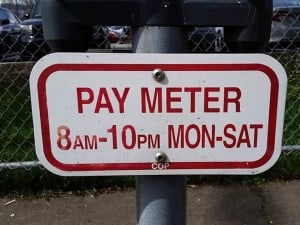You are about to see a question, a flexible mathematical model, a solution pathway, and an answer.
My question to you: Do you agree with the answer that I provide in the video?
In one week, I will post an animated model which will either prove or disprove the answer suggested in the video.
To provide additional thinking space I’ve made a PDF which you can download here. Good luck, and enjoy!
NEW UPDATE: THE SOLUTION TO THIS QUESTION IS NOW AVAILABLE HERE!!!
Click here to see the solution.
If you are interested in more animated math posts, you may want to view:
8 Animated Dots and 1 Powerful Question
If you are looking for classroom resources or instructional strategies, you may be interested in
You can also find a highly engaging vocabulary strategy here.
For reflective posts, please take a look at I am on a Learning Mission and Finding Bedrock.


Leave a Reply